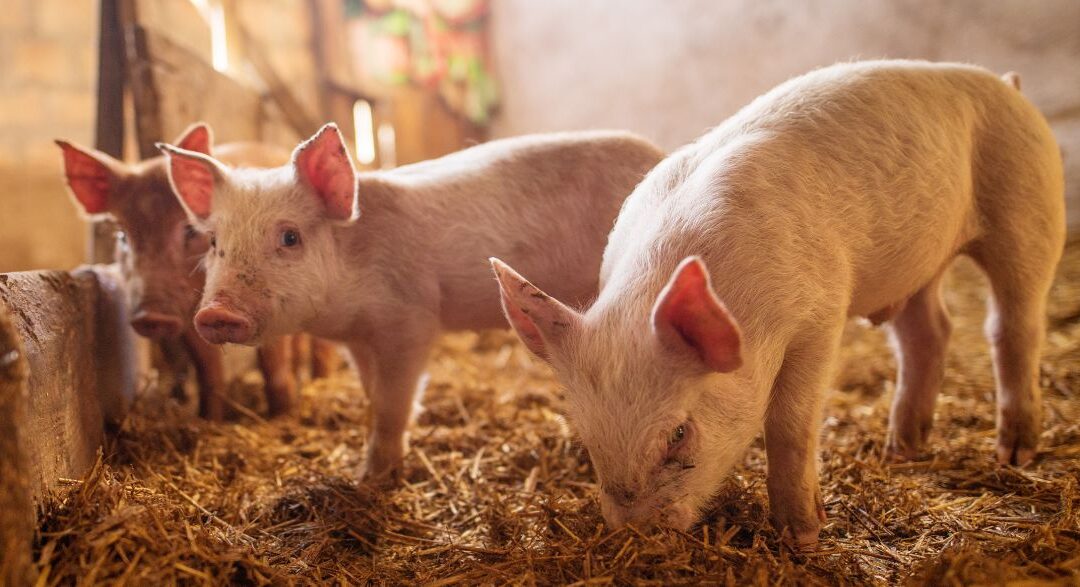Whether you call it porcine collagen, pork collagen, or pig collagen, it all means the same thing. But it refers to collagen derived from pigs, specifically obtained by boiling pig skin and bones. This versatile biomaterial has found a wide array of applications across various industries due to its unique properties. Its adaptability and effectiveness make it an asset in both health-related and consumer sectors.
Why is Porcine collagen used in so many different industries?
Porcine collagen presents several distinct advantages that make it the preferred choice among collagen types. Here are some of its key benefits and why it can be used in so many different industries:
- Structural Similarity to Human Collagen: Its composition closely resembles human collagen, promoting better integration and reducing potential immune responses.
- Cost-Effectiveness: Porcine collagen is often more affordable compared to marine and bovine sources, expanding accessibility to both consumers and manufacturers.
- Versatility: Available in various forms such as powders, capsules, and gels, porcine collagen serves a wide range of applications from medical to cosmetic uses.
What industries can Porcine Collagen be used in?
Medical Industry
- Wound Dressings: comes in the forms of sheets, pads, and gels that Promote the growth of cells, stimulate angiogenesis, and enhance collagen deposition in the wound area
- Tissue Regeneration: Porcine collagen is used to help cells attach and grow back together. Collagen’s capacity to create hydrogels, which are highly hydrated networks, positions it as an excellent framework for tissue engineering and regenerative medicine.
Pharmaceuticals
- Porcine collagen is used to make coating for pills and capsules.
Beauty
- Porcine collagen is a popular ingredient in anti-aging products, and some say it’s similar to collagen produced by the body. It’s said to firm and hydrate skin, smooth wrinkles, prevent aging, and improve the overall health and structure of the skin.
Supplements
- Porcine Collagen can be used within supplements which help with bone and joint health:
- Joints: May help with joint pain, mobility, and cartilage regeneration
- Bones: May help maintain bone strength and density, and reduce the risk of osteoporosis
Food
- Porcine collagen serves as a replacement for gelatin in confectionery and dairy products, and it also functions as a protein enhancer in a variety of foods.
- Stews and broths: using the whole pig including trotters, bones and connective tissues (such as cartilages) all of which contain high levels of collagen, and these were boiled up to form nutrient-dense broths and stews
- Extracting the collagen from the broths and stews gave us aspic. Aspic is a jelly that is used in many dishes around the world some are, Ramen, Pig Trotters, and Okinawans
Animals – Dogs
- Porcine Collagen improves a dog’s hip and joint health, skin, and muscle and tissue repair just like it does for humans. It also enhances two other areas as well:
- Dental Health: Pork collagen aids oral hygiene by strengthening jaw muscles and reducing tartar and plaque buildup, promoting fresher breath and a brighter smile.
At Sustainable Swine Resources (SSR), we understand that porcine collagen’s versatility and beneficial properties make it essential across a range of industries, from medical and pharmaceutical to beauty and food applications. Our commitment to delivering top-notch porcine tissues to our partners supports the structural similarity to human collagen and cost-effectiveness, ensuring their continued relevance and expanding role in enhancing health, well-being, and consumer products.


